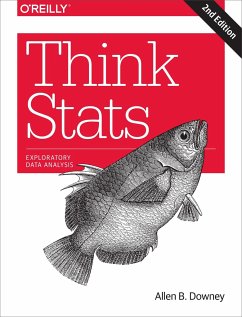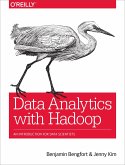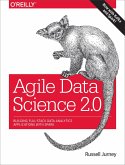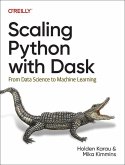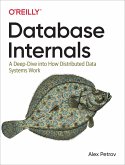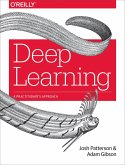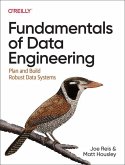If you know how to program, you have the skills to turn data into knowledge using the tools of probability and statistics. This concise introduction shows you how to perform statistical analysis computationally, rather than mathematically, with programs written in Python.
You'll work with a case study throughout the book to help you learn the entire data analysis process - from collecting data and generating statistics to identifying patterns and testing hypotheses. Along the way, you'll become familiar with distributions, the rules of probability, visualization, and many other tools and concepts. The new edition switches over to Pandas for data processing. It also includes new chapters on multiple regression, survival analysis, missing value imputation and resampling.
Develop your understanding of probability and statistics by writing and testing code
Run experiments to test statistical behavior, such as generating samples from several distributions
Use simulations to understand concepts that are hard to grasp mathematically
Learn topics not usually covered in an introductory course, such as Bayesian estimation
Import data from almost any source using Python, rather than be limited to data that has been cleaned and formatted for statistics tools
Use statistical inference to answer questions about real-world data
You'll work with a case study throughout the book to help you learn the entire data analysis process - from collecting data and generating statistics to identifying patterns and testing hypotheses. Along the way, you'll become familiar with distributions, the rules of probability, visualization, and many other tools and concepts. The new edition switches over to Pandas for data processing. It also includes new chapters on multiple regression, survival analysis, missing value imputation and resampling.
Develop your understanding of probability and statistics by writing and testing code
Run experiments to test statistical behavior, such as generating samples from several distributions
Use simulations to understand concepts that are hard to grasp mathematically
Learn topics not usually covered in an introductory course, such as Bayesian estimation
Import data from almost any source using Python, rather than be limited to data that has been cleaned and formatted for statistics tools
Use statistical inference to answer questions about real-world data
